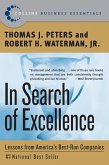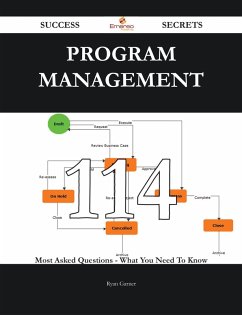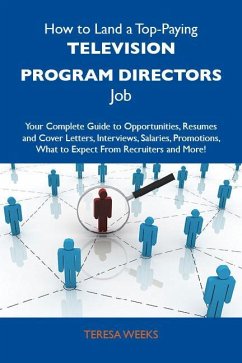"In the most recent conviction under the health privacy legislation, a clerk formerly employed by a local community medical office was fined yesterday for snooping in patient records when she didn't need to know the information to do her job. The court fined the clerk $3,000 and gave her a sentence of one-year's probation, including no access to health information for one year."
Yikes! thought Linda. I wonder if any of our patients were affected by this snooping incident? I wonder if the clerk is anyone I know?
The news anchor continued, "In Ontario, the Information and Privacy Commissioner of Ontario revealed that unauthorized access to personal health information - or snooping - by health care workers accounted for over 20 per cent of self-reported health privacy breaches in 2020."
Snooping incidents are on the rise and can cost you time, money, heartache, and headache in your practice.
It's pains me to know that this form of privacy breach is entirely preventable.
We know that human curiosity, interpersonal conflicts, shaming or bullying or financial gains are common motivators for snooping. We seem to be hard-wired to want to peek into someone else's personal and private information. But snooping violates trust between our patients and the healthcare providers and the people who work for them.
We want our patients to trust us. We need the patients to share their personal information with us so that we can provide the health services to them. When healthcare providers and employees snoop in our patient's information we destroy that trust with the patient. When one of our team members is snooping, it harms the effectiveness of our teams and damages morale in the clinic.
Looking at someone's personal information without having an authorized purpose to access that information to do your job is known as 'snooping'.
Even when you are "just looking" at personal information but don't share that information with anyone else, this is still a breach of confidentiality. It is illegal. It is a privacy breach. It is snooping.
Author Jean L. Eaton uses real-world privacy breaches from practices large and small and reported in the news to illustrate how employee snooping in patient records affects patients, employees, and the practice in which they work.
BONUS Includes a 'Say NO to Snooping' poster that you can download and print in your practice. Privacy officers can use this as part of their privacy practice management training.
What others are saying about "Tips to Prevent Employee Snooping" . . .
"The book is the perfect length with sufficient detail to enable quick information gathering and action. I love the five tips that are very relatable, and I'm personally championing " Be a Privacy Champion."- Lorraine Fernandes, RHIA, Data Governance Consultant, President, International Federation of Health Information Management Associations (IFHIMA)
"This is a wonderfully informative, easy-to-read summary of employee snooping in health care organizations. . . .the author, gives very clear steps an organization can take to decrease the likelihood of employee snooping and to catch it if it's occurring. I highly recommend this important book!" - Sara Hart
Dieser Download kann aus rechtlichen Gründen nur mit Rechnungsadresse in A, B, CY, CZ, D, DK, EW, E, FIN, F, GR, H, IRL, I, LT, L, LR, M, NL, PL, P, R, S, SLO, SK ausgeliefert werden.
Hinweis: Dieser Artikel kann nur an eine deutsche Lieferadresse ausgeliefert werden.









